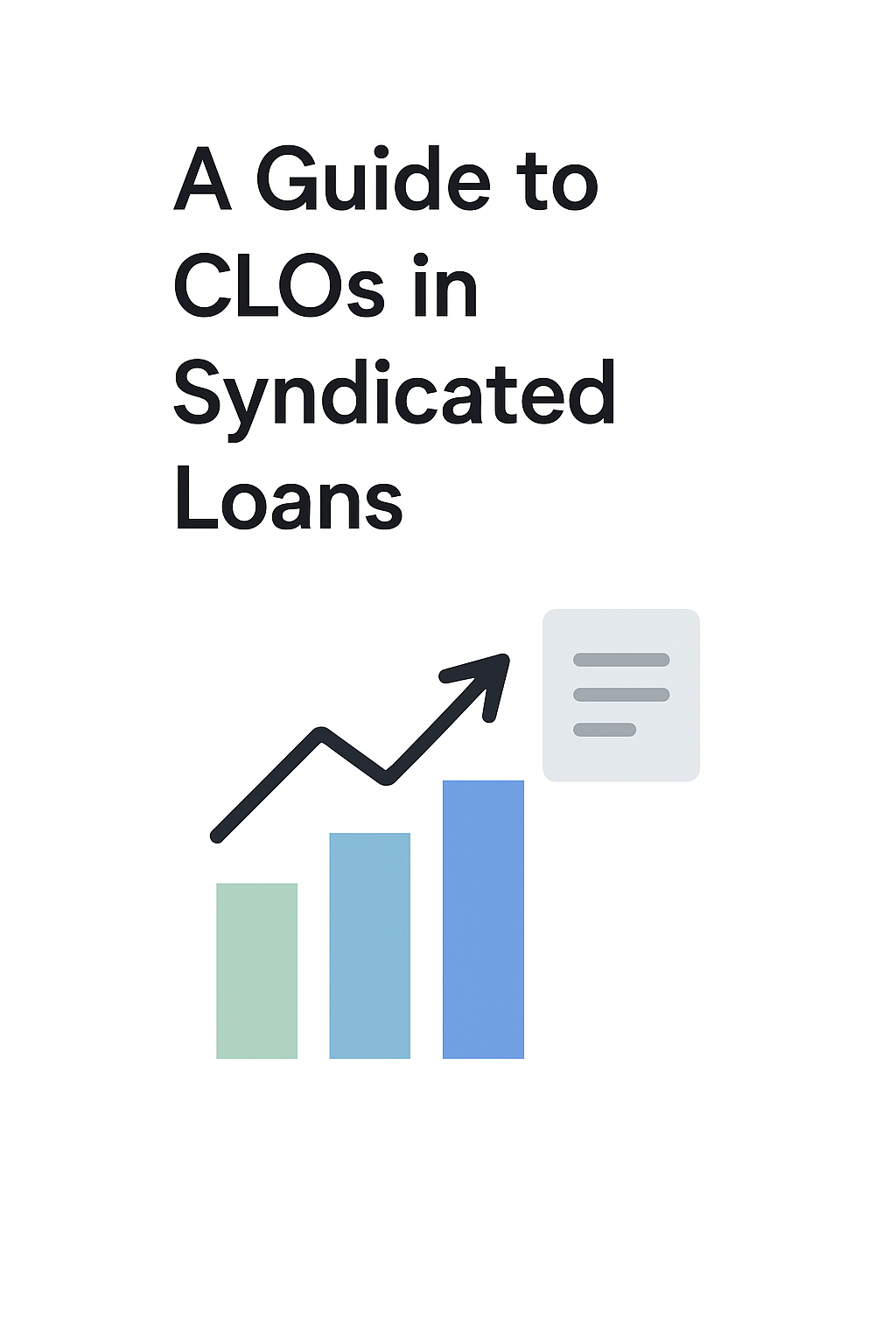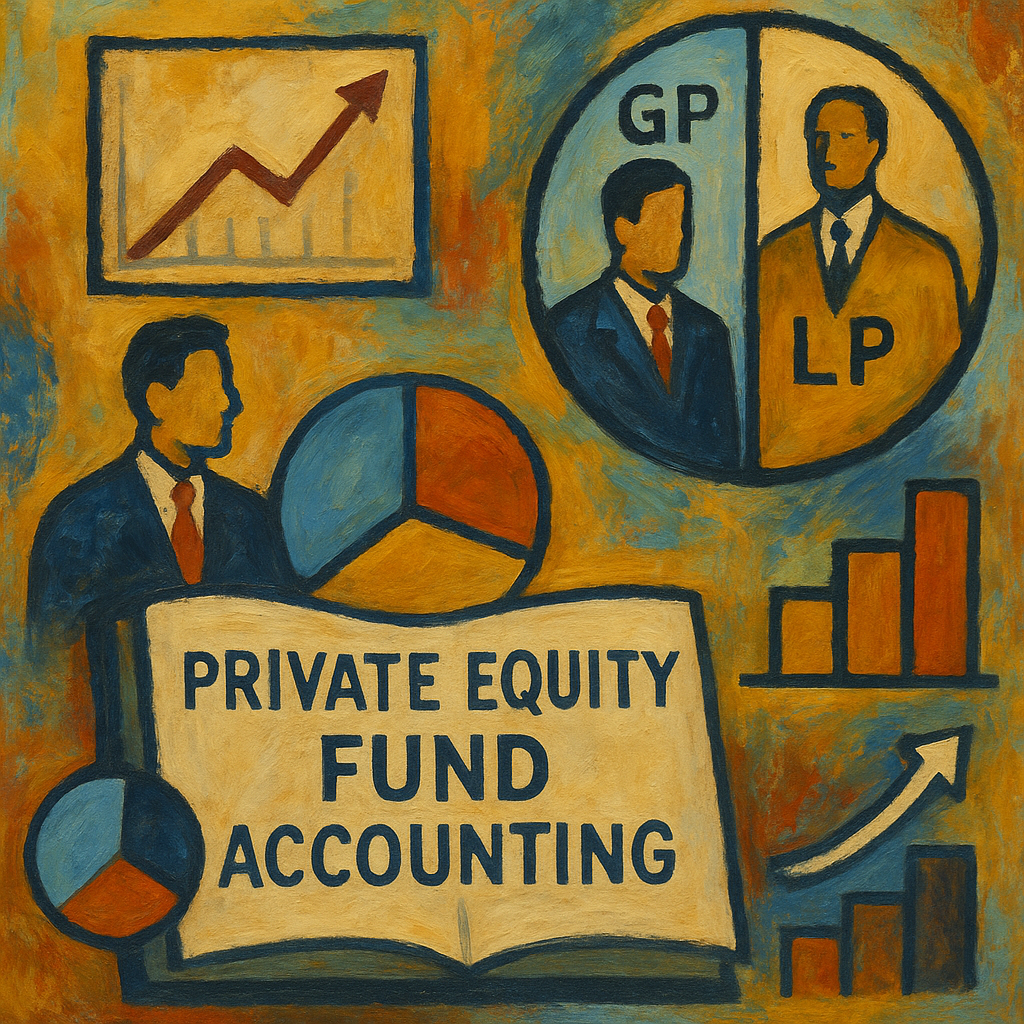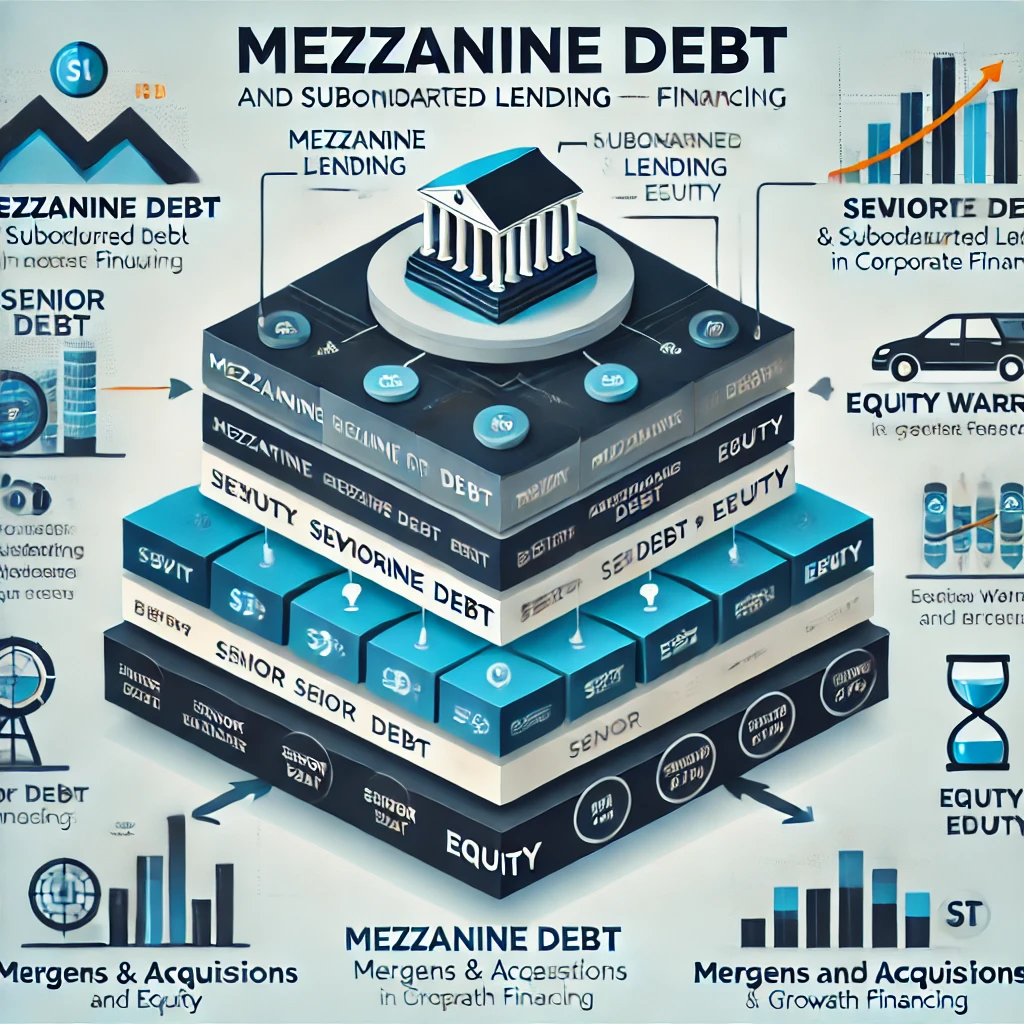Author: Gage
-
You’re Still on the Hook: What Every Taxpayer Needs to Know Before Hiring a Tax Preparer

Every year, millions of Americans and their businesses turn to professionals to prepare and file their taxes—CPAs, enrolled agents, and tax prep chains like H&R Block or TurboTax Live. In a world of confusing IRS codes, endless forms, and shifting regulations, this seems like the responsible thing to do. But here’s the truth that most… Read more
-
Educational Guide to CLOs in the Syndicated Loan Space

1. What Is a CLO? (Intro to Collateralized Loan Obligations) A Collateralized Loan Obligation (CLO) is a structured finance vehicle that pools together a diversified portfolio of senior secured syndicated loans, typically made to below-investment-grade corporate borrowers.The goal: Repackage and redistribute the credit risk into different slices (tranches) for investors with different risk appetites. Why… Read more
-
Understanding Private Equity Fund Accounting: An Educational Guide

Private equity fund accounting is a specialized field that requires a deep understanding of fund structures, cash flow management, performance metrics, and investor communications. This guide walks you through key concepts essential for mastering private equity fund accounting, including practical insights and important terminology. ⸻ 1. Structure of a Private Equity Fund and Its Impact… Read more
-
Complexity Isn’t the Problem—Denial Is

Leading Products, People, and Progress in a Real World In today’s fast-paced world, the desire for simplicity is understandable. We’re surrounded by information, endless decisions, and competing priorities. So it makes sense that we crave clarity—something concise, digestible, and easy to rally behind. But in our pursuit of the simple, we must be careful not… Read more
-
Why Understanding Finance Matters

Finance touches every part of our lives, whether we realize it or not. From the moment we open a bank account or receive our first paycheck, we engage with financial systems that influence our daily decisions. Managing personal budgets, paying bills, saving for the future, or running a business all rely on a fundamental understanding… Read more
-
It Is Personal—And It Is Business: Evolving the Workplace into a Space of Divine Service and Humanity

For far too long, we’ve heard the phrase: “Don’t take it personal. It’s just business.” A statement meant to justify cold decisions, impersonal treatment, and the prioritization of profit over people. But what if we flipped that narrative? What if we recognized that business is personal—because every deal, every interaction, every decision impacts real people… Read more
-
Building a Robust, Scalable, and Profitable Business in Syndicated Loans and Investment Management

In the world of syndicated loans, investment management, and finance, success hinges on a few critical factors: data integrity, technological enablement, knowledgeable professionals, and continuous improvement. These elements serve as the foundation for growing and scaling a business while maintaining profitability. The adage “garbage in, garbage out” is particularly relevant here—poor data leads to poor… Read more
-
The Lasting Joy of Serving Others

Even in Difficult Environments Being of service to others is one of the most profound sources of joy and fulfillment. Whether through our careers, volunteer efforts, or simple, everyday acts of kindness, service has a way of enriching not just the lives of those we help but also our own. Giving fosters a deep sense… Read more
-
Mezzanine Debt & Subordinated Lending: A Private Equity/Debt Guide

In private equity and corporate financing, businesses often need capital beyond what traditional bank loans can provide. Mezzanine debt serves as a hybrid financing tool, blending elements of senior debt and equity to offer flexibility while balancing risk and return. Understanding its structure, repayment priority, and implications in default is key for both borrowers and… Read more
-
Shifting one’s perspective from “Why is this happening to me?” to “What is this trying to teach me?”

Shifting one’s perspective from “Why is this happening to me?” to “What is this trying to teach me?” represents a transformative approach to dealing with life’s challenges. This change in mindset is not just about finding silver linings but about fostering personal growth and resilience. Here’s a deeper exploration of this philosophy, humanizing the concept… Read more